Mozambique marine conservation project
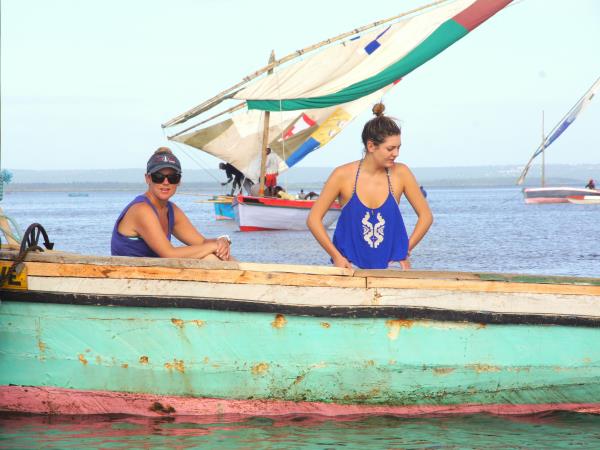
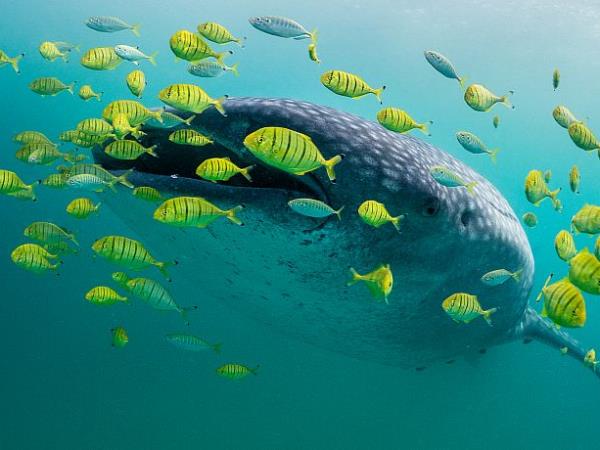
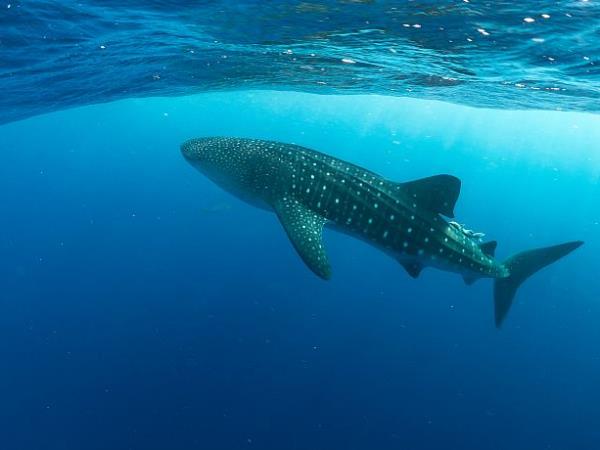
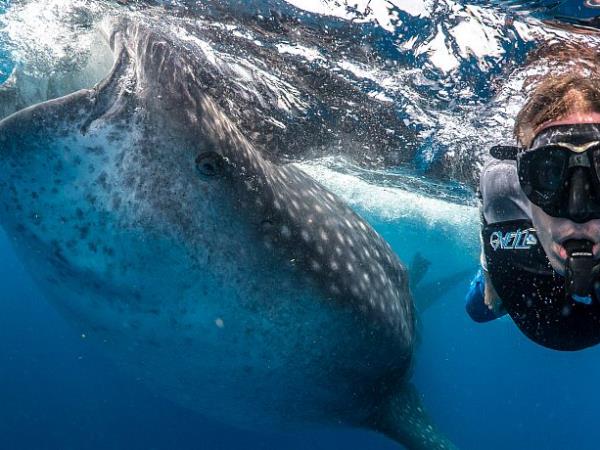
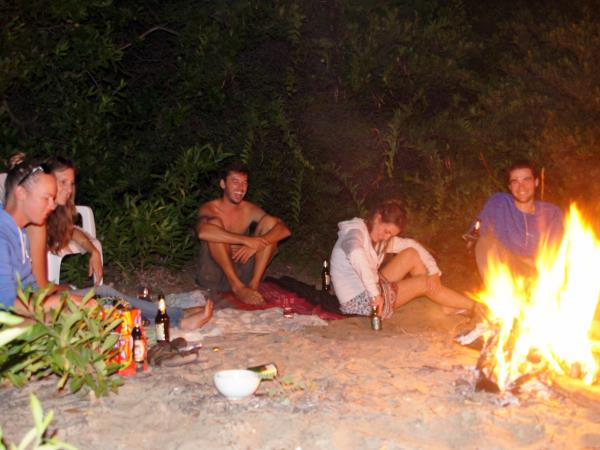
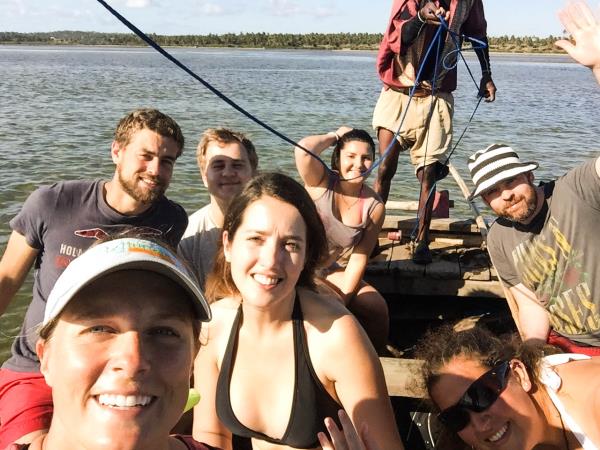
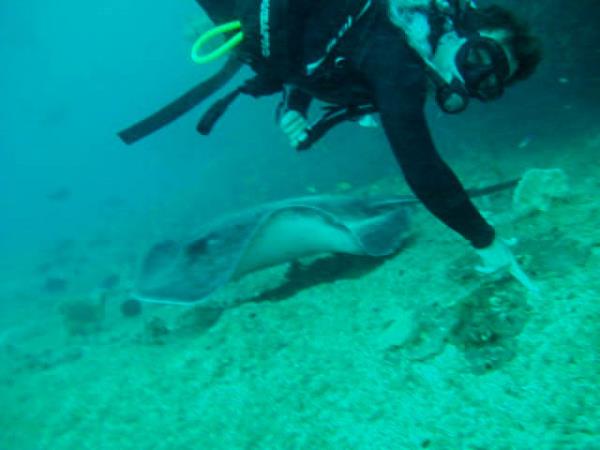
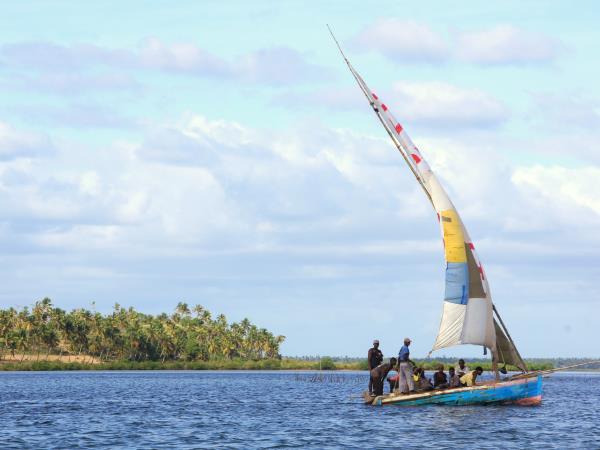
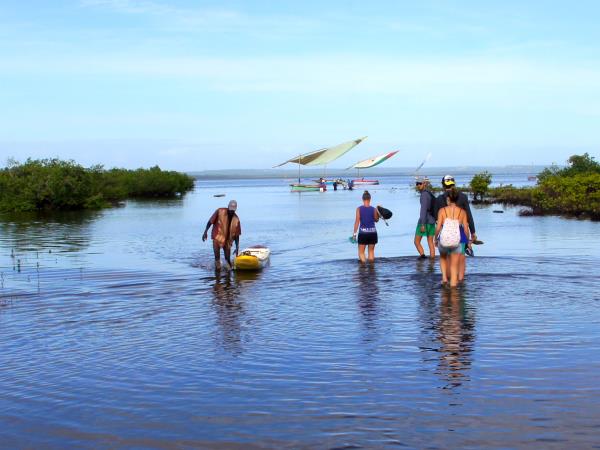
Description of Mozambique marine conservation project
This volunteer project invites you to discover the amazing marine megafauna of Mozambique where whale sharks and manta rays are known to glide above bountiful coral reefs.
As part of the project, you’ll be contributing directly to ongoing marine conservation studies and activities as part of a team of researchers and scientists. This is in addition to taking a PADI Open Water Scuba course, during the first week. If you're already an Advanced Open Water qualified diver then you can start to help with underwater research projects, straight away. Anyone who's already Open Water qualified will get the option to complete their Advanced Open Water course before starting the research programme.
During your time, you’ll be assisting with many tasks including: photographing, measuring and identifying manta rays and whale sharks, coral reef monitoring and even shark tagging. You’ll also be required to record findings and upload photos and other information to relevant data bases.
There are currently more than 600 whale sharks around Tofo and collecting information regarding their behaviour, locations, and individual characteristics is vital for their continued conservation.
Understanding migration patterns and seasonal populations in Mozambique is equally important for scientists to understand. Humpback whales (Jun – Sept) and loggerhead, hawksbill and leatherback turtles (Nov – Feb), are known to make their annual journeys through Tofo’s warm waters.
Beach and boat monitoring surveys will be undertaken to provide data on the health and wellbeing of migrating populations as well as further understanding the marine environment of Mozambique.
Turtle nesting sites, especially, will need to be monitored and protected to ensure their continued survival. This is just as important as carrying out research of Tofo’s coral reefs where timed counts of indicator species and collecting data on resident reef fish populations provides yet more evidence for vital marine conservation work.
Price information
Departure information
Travel guides
Reviews
1 Reviews of Mozambique marine conservation project
Reviewed on 10 Jun 2016 by Susanne de Montreuil
1. What was the most memorable or exciting part of your holiday?
The opportunity to see and feel a different culture. Launching the boat into and out of the water
2. What tips would you give other travellers booking this holiday?
I was on doxycycline as malaria prophylactic and I had quite a few side effects and had to stop taking it at the time I was there I didn't see very many mosquitos and the dive shop is equipped with a nurse who can do a malaria test and they have the antibiotics if a person gets sick
3. Did you feel that your holiday benefited local people, reduced environmental impacts or supported conservation?
In some way, I picked up a lot of garbage along the beach and our lodging and food was benefiting the local people
4. Finally, how would you rate your holiday overall?
I was a bit disappointed I spent 4 weeks in Mozambique and didn't get to see any Manta Rays and we only got to see a whale shark for about 15 sec off the boat but I realize that it is nature and sightings can not be predicted
I expected to go out on the boat and do ocean safaris to look for whale sharks and that Andrea Marshall would be involved in the Manta Ray research as indicated on the website I didn't realize that we would join a dive outfit with tourists, I expected to go out on a "research boat"
Responsible Travel
Planet
Volunteering on this unique project, you will directly contribute to the marine conservation project and work together with its world-renowned scientists in the field of the ocean giants - manta rays and whale sharks.You will participate in integral conservation initiatives and will help make a difference in marine conservation within the wider Indian Ocean region.
“As a Volunteer with us, you will be exposed to the raw underwater environment and magnificent marine megafauna, which makes Tofo, Mozambique, one of the most special marine habitats on the planet! You will get to work closely with Marine Biologists and we have no doubt that you will walk away from this program with a wealth of knowledge and having contributed immensely to the ongoing success and development of marine science in Tofo’s wonderfully biodiverse waters."
Ultimately, volunteers will be involved in a variety of work that will involve assessing the health of populations of manta rays, whale sharks, marine turtles (including critically endangered leatherbacks), and even humpback whales (during the winter months).
People
Throughout your time on this unique conservation project, you will know that you are supporting the local community members of Tofo. Each week there is a community outreach programme which may involve beach clean-ups, visiting local schools to educate children on the importance of ocean conservation or attend community meetings and events. The team find regular opportunities to engage with the local people of Tofo, so you’ll be able to soak up the unique culture of Mozambique!What's more, as Tofo is quite remote and 500km from the nearest large city, there tends to be a lot more local delicious seafood and produce to eat. This in turn helps support the local fisherman and members of the community who rely on tourism to help support them in their livelihoods.
Popular similar holidays
Marine conservation in Belize
From US $995 5 days excluding flights
Help us protect coral reefs and marine ecosystems
Lionfish spearing marine conservation in Belize
From US $995 5 days excluding flights
Help us protect reef ecosystems by hunting invasive species
Shark conservation in South Africa
From £999 7 days excluding flights
Conserve sharks, whales and penguins in South Africa


















